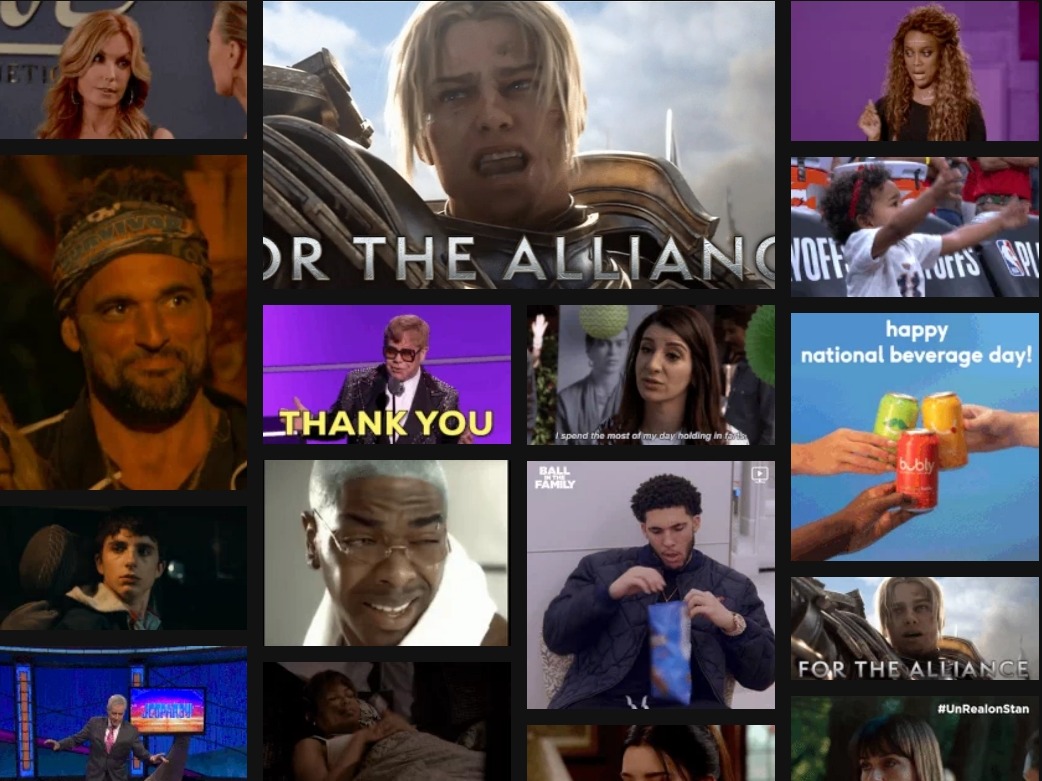Social media can giveth and, boy, how it can taketh away. Recently we were distraught to see Gifs disappear from our favourite social media platforms. A hilarious addition to Facebook Messenger, Instagram Stories and Snapchat, these short, looped videos (moving memes!) have, objectively, brought oh so much joy to this world.
Until recently when a very, very, very racist animated cartoon crept through Giphy’s moderators and the third party application was pulled from arguably the three biggest social media platforms in the world, or the western world at least. The slip up is not only a reminder to moderate your content – it also has the potential to slow down some of the new innovations being rapidly explored by the tech giants.
Why? Well something like this is *appalling* and how it got through the Giphy moderation process is astounding. But it also calls into question the ability of Snapchat and Facebook (which of course owns Insta) to work with outside contractors. As all the fast paced industry’s players race to be the first to bring tech developments to consumers (think AI and wearable tech) – they will be hiring, in some capacity or another, outside contractors to get the projects across the line (and in some cases even off the ground).
A Techcrunch article on the issue succinctly summarises why this is A Big Deal: “Snapchat risks an unsavory reputation if it can’t keep its content under control. The slip-up could deter Snapchat from working more with outside developers, which it’s only recently allowed to bring content into its app via its Lens Studio and the Giphy integration. The incident is embarrassing for Instagram’s parent company Facebook. It also casts doubt on Facebook’s Messenger Kids app, which also has Giphy integration that is only supposed to show G-rated imagery. Snapchat and Instagram will have to decide whether they want help from outsiders even if it can’t guarantee the quality or safety of their content, or whether it will go it alone as they compete against each other.”
And safety and quality of content is not the only thing coming under fire recently, with the Cambridge Analytica scandal seriously risking Facebook’s reign on the internet and its users’ data. The revelation Facebook allowed the third party app to mislead users about taking their data (and taking their friends’ in the process) – which was then used to influence voters around the world by tailoring political propaganda based on said data, is quite frankly, pretty scary. Not to mention the reaction from Zuckerberg, which we must say still leaves quite a few unanswered questions.
And, if you’re curious as to what exactly data Facebook has on you – you can check it here.


By leaving a comment you agree with the storage and handling of your data by this website. You can learn more about how we handle you comment information in our Privacy Policy. We are using Akismet to reduce comment spam. Learn how they process your comment data.